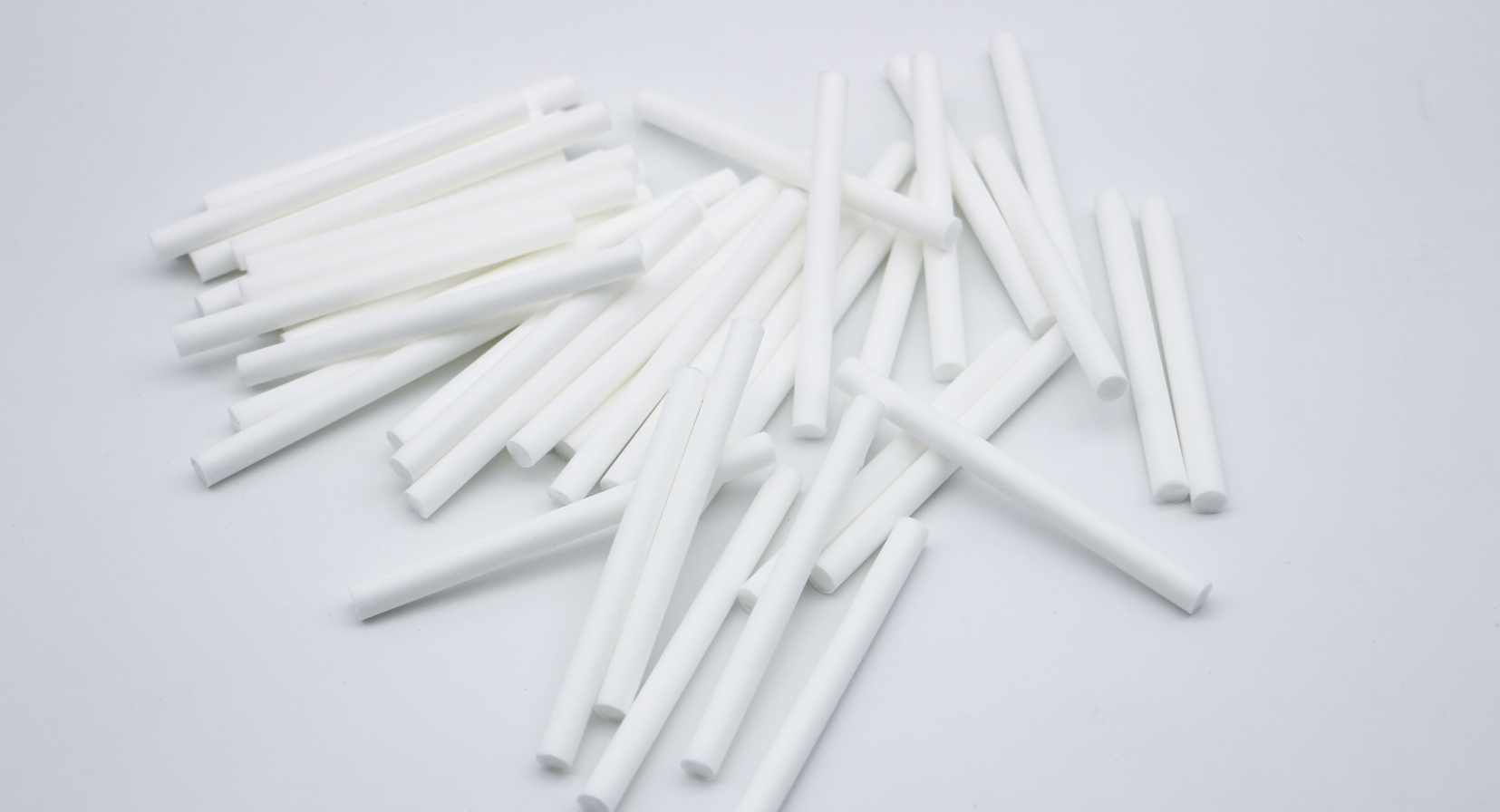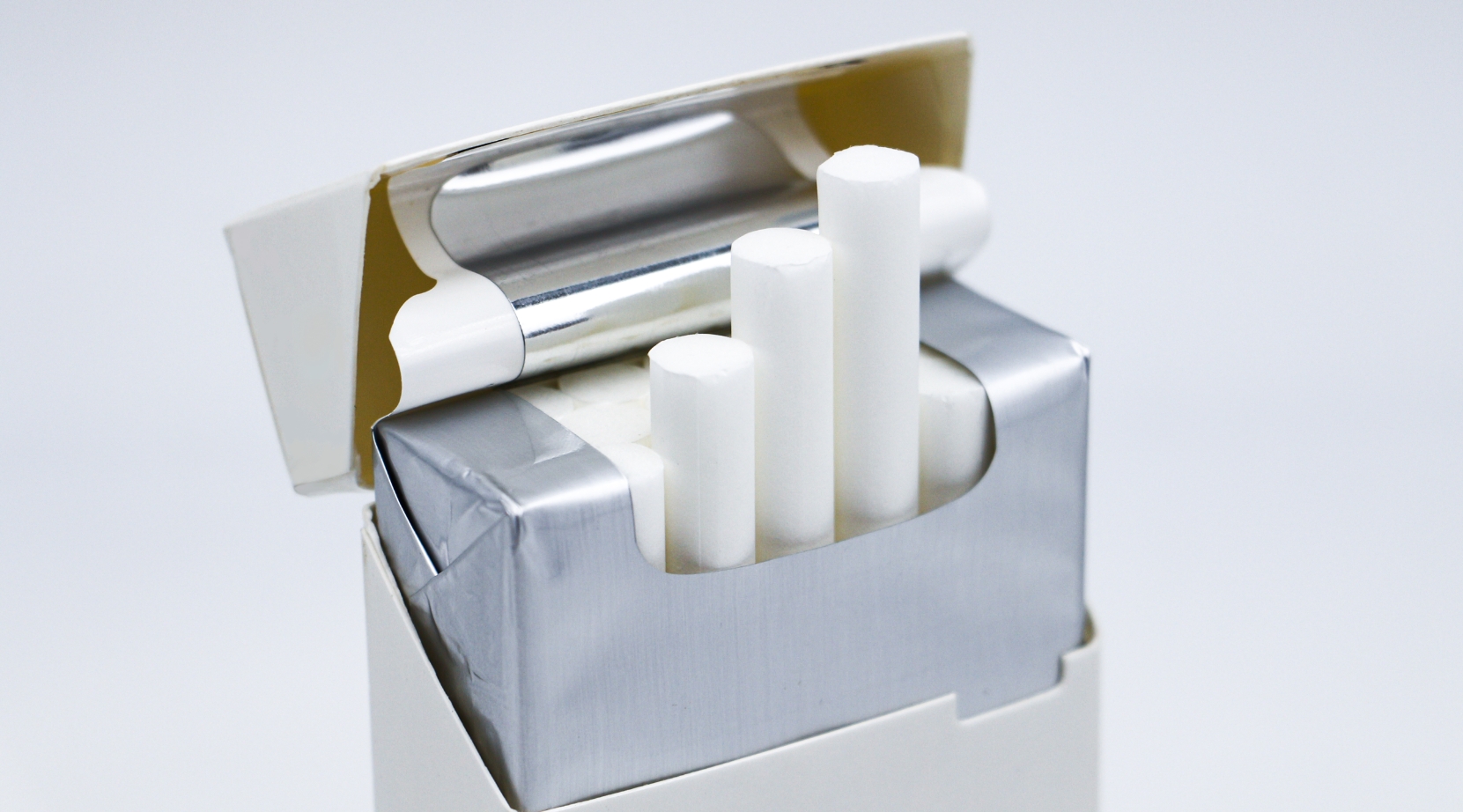Due to resource constraints, there is an imbalance between supply and demand for cellulose acetate tow. The tobacco industry urgently requires a new type of tobacco tow with comprehensive performance similar to cellulose acetate, at a relatively lower cost, to replace cellulose acetate in the production of mid-to-low-grade cigarettes.
In this context, polylactic acid (PLA) fiber has emerged as a solution. It utilizes natural and renewable plant resources, as well as organic waste, reducing reliance on traditional petroleum resources and natural wood, aligning with international standards for sustainable development. PLA fiber combines the advantages of synthetic and natural fibers, featuring complete natural cycling and biodegradability. It decomposes into carbon dioxide and water under the action of microorganisms in soil and water, without polluting the Earth’s environment, thus achieving resource recycling.

PLA fiber boasts superior performance. With a lower fiber density than polyester, it offers good moisture absorption, breathability, antimicrobial, and mildew-resistant properties; it also has low flammability, low smoke emission, and does not release toxic gases or cause pollution when burned. Based on the analysis, research, and experimentation of PLA’s properties, we believe that PLA fiber products used as cigarette filter materials have the following advantages:
Abundant Resources: The raw materials for PLA come from abundant renewable plant resources, reducing dependence on traditional resources and ensuring resource sustainability.
Outstanding Environmental Performance: PLA fiber is biodegradable and does not produce pollution, making it a renewable green product.
Excellent Adsorption: The structure of PLA fiber is similar to cellulose acetate, with a micro-porous and rough surface that enhances adsorption. Its filter performance is comparable to cellulose acetate and superior to that of polypropylene fiber.
Reliable Safety: Made from lactic acid polymers synthesized from lactic acid found in the human body, PLA fiber is absolutely safe for human health. Particles produced during processing are non-toxic, have no side effects when ingested, and can be naturally decomposed and excreted. Compared to cellulose acetate and acrylic fibers, PLA can reduce harm to the body. PLA fiber is non-toxic, low-smoke, flame-retardant, and has certain antimicrobial and UV-resistant properties, making it safe.
Cost-Effectiveness: The raw material and production costs of PLA fiber are lower than those of cellulose acetate, giving it a price advantage.
In summary, PLA fiber is a viable alternative for filter materials.

-

Shiner Presents at World Tobacco Middle East 2025
On November 11, 2025, our international marketing team participated in the World Tobacco Middle East 2025 exhibition (Booth T186) in Dubai, engaging in in-depth exchanges with global tobacco industry partners and exploring business opportunities. We also presented Chinese gifts.

2025-11-12
-

Contact Us
Hi-Tech Zone, Hainan, China
Email:zhuhaiyan@shinerinc.com
Tel: +86-0898-6858 1104
Fax:+86-0898-6858 5861


